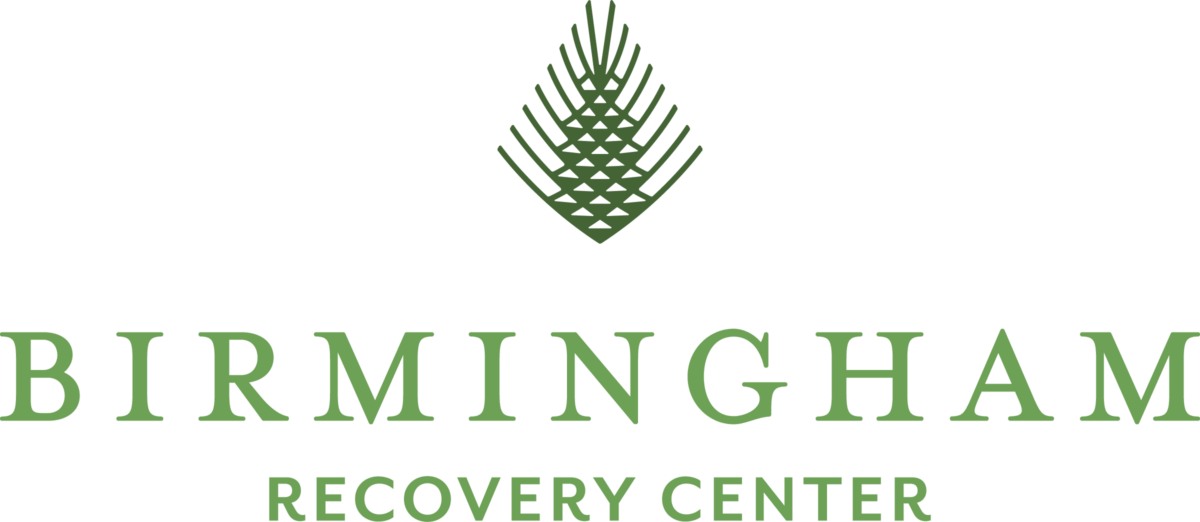One of the many persistent myths about alcoholism is that a person has to hit “rock bottom” before they can get treatment. The truth is that treatment can be a beneficial experience for anyone who has become addicted to alcohol. This includes people who have struggled with this disorder for decades, as well as those who have just begun to exhibit early signs of alcohol addiction.
What is Alcohol Addiction?
Alcohol addiction is a disease that is characterized by overwhelming urges to consume alcohol and an inability to control how much or how often a person drinks. The clinical term for this condition is alcohol use disorder. It is also commonly referred to as alcoholism.
Alcoholism is one of the most common forms of addiction in the United States and throughout the world.
According to the National Institute on Alcohol Abuse and Alcoholism (NIAAA), about 14.5 million Americans age 12 and above meet the criteria for a diagnosis of alcohol use disorder. Alcohol addiction is a bit more common among men than among women. NIAAA data indicates that about 6.8 percent of men and 3.9 percent of women have this disorder.
Unfortunately, experts estimate that only about 10 percent of those who have alcohol use disorder received any treatment in the past year. Learning to identify the early signs of alcohol addiction may help connect more people with the care they need.
What Are the Early Signs of Alcohol Addiction?
Since alcohol use is so prevalent in our society, it can be difficult to determine when a person’s occasional use of this substance turns into abuse and then addiction.
If someone that you care about has been exhibiting the following behaviors, they may be demonstrating early signs of alcohol addiction:
- The have begun to drink more frequently and in larger amounts.
- Once they start drinking, they seem to be unable or unwilling to stop.
- They often engage in binge drinking. For men, this is typically defined as having five or more drinks in a short period of time. For women, it is usually defined as having four or more drinks in rapid succession.
- They rely on alcohol to deal with stress or to unwind at the end of the day.
- They don’t seem capable of having fun if they’re not drinking.
- They drink when it is clearly dangerous to do so. This can include when they’re taking medication, before driving, or at work.
- They continue to drink even after they have experienced harmful effects due to prior alcohol use. This can include health problems, job loss, or being cited for driving under the influence.
- They become agitated and irritable when they can’t drink.
- They’ve tried to stop or cut down on their drinking, but they’ve been unable to do so.
Anyone who exhibits any of the signs listed above may have a problem. The best next step is for this person to be assessed by a doctor or another qualified caregiver. The professional who conducts the assessment can then recommend appropriate treatment options.
How Can I Help Someone Who Shows Early Signs of Addiction?
When someone that you care about begins to show early signs of alcohol addiction, it can be difficult to decide what (if anything) you can do to help them.
Here are a few important points to keep in mind:
- Your loved one’s actions are not evidence of poor character or a lack of willpower. Alcohol addiction is a mental health disorder that can rob a person of the ability to control their thoughts and behaviors.
- You can’t cure or “fix” your loved one. But you can play an important role in their life by helping them get the care they need.
- Take some time to educate yourself about addiction and treatment. This will help you understand what your loved one is experiencing. It will also prepare you to provide meaningful assistance.
- When you talk to your loved one about your concerns, be prepared for pushback. It’s common for people to deny they have a problem, or to react with anger at the suggestion that they need help. Don’t let the conversation descend into an argument.
- Keep the lines of communication open and continue to emphasize your support. Alcohol addiction can have an isolating impact. Make sure your loved one knows that they’re not alone.
- Pay attention to your health. You won’t be able to provide maximum support if you are ignoring your own physical or mental health needs.
Caring for someone who has developed an addiction can be extremely difficult to do on your own. If possible, get a few close friends or trusted family members to help. These people can assist with your research. They can also talk to your loved one about getting treatment and help keep them safe until they enter a program.
Types of Treatment in Birmingham, AL
Depending on the scope of your loved one’s needs, their alcohol rehab may include detoxification, therapy, and medication. Detoxification, or detox, can help them get through withdrawal safely. If they are in the early stages of alcohol addiction, this should not be a particularly difficult experience – but it is an important step on the path toward long-term recovery.
Certain medications may ease some withdrawal symptoms. If your loved one is also struggling with anxiety, depression, or another mental health concern, medication may also ease these conditions as well. Co-occurring conditions are not uncommon among people who have become addicted to alcohol.
Therapy can help your loved one make the behavioral changes they need to protect their sobriety. Therapy can help them identify the situations or circumstances that pushed them into alcohol abuse in the first place. During therapy, they can learn how to respond to these triggers in a healthy manner, without sacrificing their recovery.
Find Treatment for Alcohol Addiction in Birmingham, AL
Birmingham Recovery Center is a trusted source of personalized care for adults whose lives have been disrupted by alcohol abuse and addiction. Treatment options at our center in Birmingham, Alabama, include detox, partial hospitalization, intensive outpatient programming, and outpatient rehab. Call us or visit our admissions page today to learn how we can help you or your loved one.

